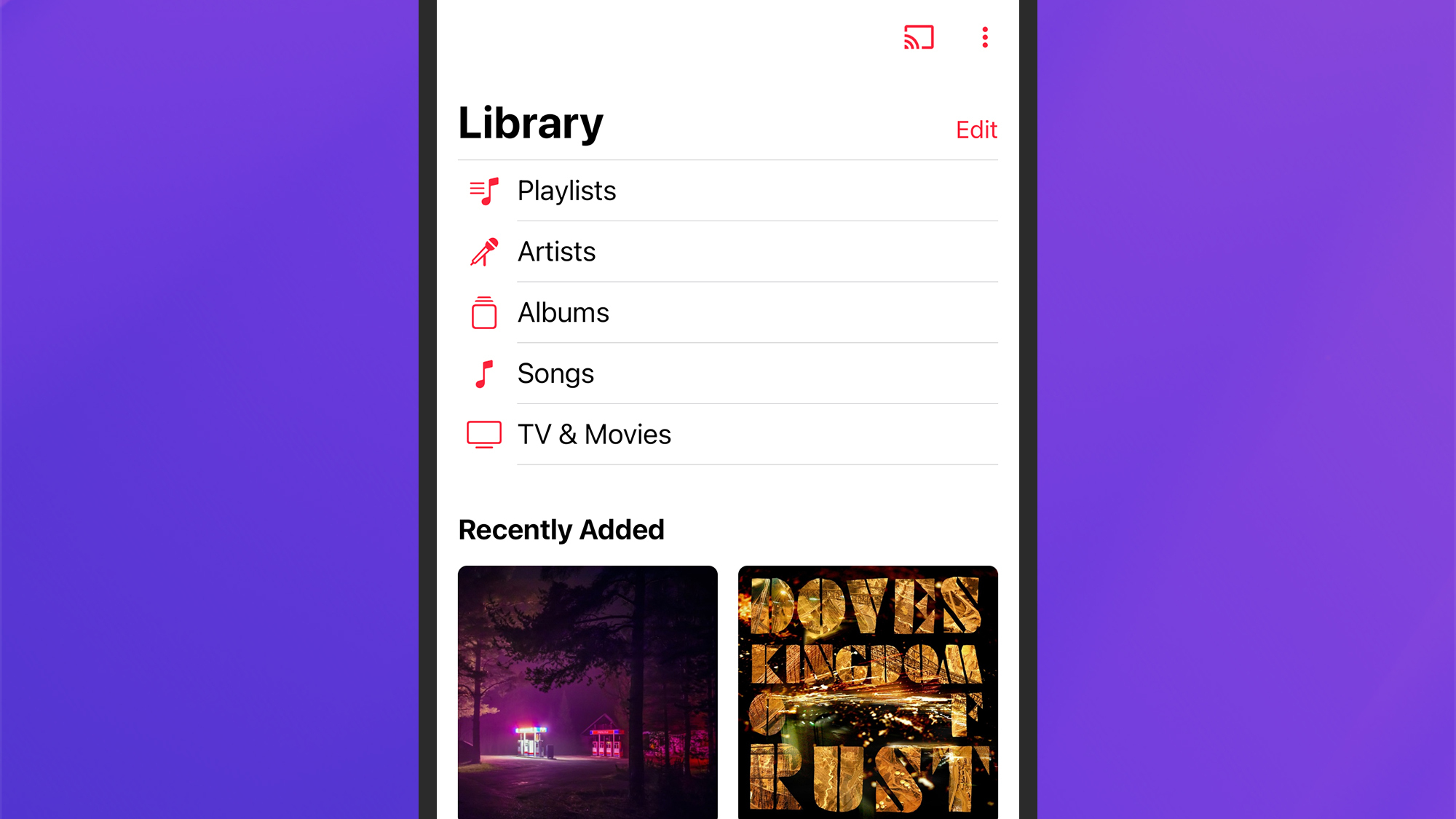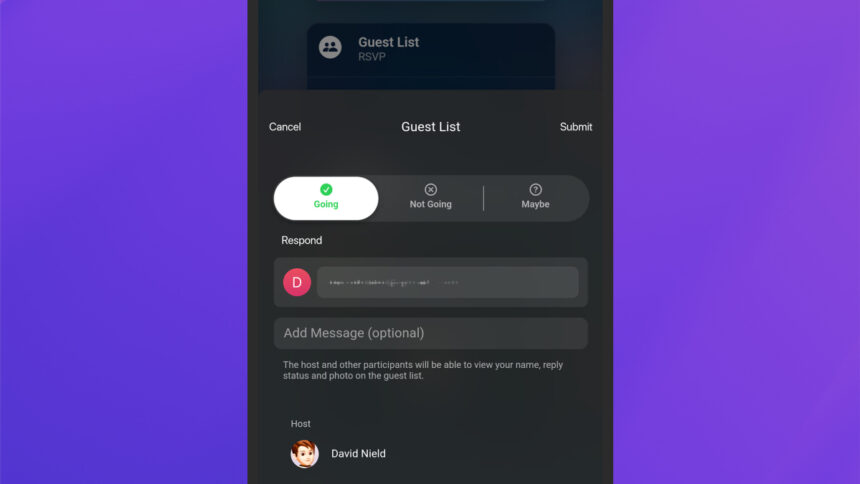Introducing Apple Invites: A Stride Towards Event Planning, But Is It Enough?
A fresh application from Apple has emerged: Apple Invites is designed to streamline your event organizing needs. From curating a guest list in advance to sharing photos and videos after the event, it covers all bases. However, while creating events requires a paid iCloud subscription, anyone can participate by responding and engaging with these events. Unfortunately, an official Android app is notably absent, which raises questions about accessibility.
While Android users can technically engage with Apple Invites, they are at a disadvantage, limited to a less efficient web interface accessed through their mobile browsers. Many iOS apps adopt this route instead of creating dedicated Android versions. Users without an iCloud account cannot view shared images or videos, integrating events into Google Calendar proves cumbersome, and revisiting the event’s webpage is a tedious task.
For a prolonged time, Apple has prioritized its ecosystem over Android compatibility. Its only Android offerings include a somewhat sluggish Apple Music, a tool for identifying unauthorized tracking devices, and an app for switching from Android to iOS. The launch of an event planning app highlights the limitations of this strategy. Apple Invites shines in organizing events—provided all attendees are iPhone users.
The rationale behind Apple’s approach is clear; the company aims to retain users within its ecosystem, discouraging any shifts towards Android—an idea considered unthinkable. For those struggling to share media with non-iOS family members, the solution often suggested is to simply purchase an iPhone—as Tim Cook has advised. Notably, since those comments, Apple’s Messages app has integrated RCS support.
Apple seems to intentionally create barriers between iOS and Android to keep iPhone users bound to their devices. While its strategy might be effective in reducing user migration—at least in the U.S. where WhatsApp has not dominated—would the introduction of Apple Invites for Android actually trigger a mass migration to Google’s platform?
Envisioning a Scenario Where Apple Welcomes Android

I can still enjoy Apple Music on Android, at least.
Credit: DailyHackly
Despite a personal endorsement of both Apple’s hardware and software—being particularly fond of Apple Music—the ongoing competition between Apple and Google suggests that restricting app accessibility on iOS may be counterproductive. Although Apple enjoys substantial iPhone sales and may not require feedback on its business strategies, the technological landscape favors a more interconnected and service-oriented ecosystem.
Consider Apple TV Plus, which I subscribe to: thankfully, Apple has developed an app for Google TV, but an Android version is still missing (accessing it via Chrome on Android is reminiscent of the experience with Apple Invites—limited and less than ideal). Surely, offering an Android app could enhance subscriber numbers without causing a significant flight of iPhone users to competing platforms.
The same applies to FaceTime, which is technically available on Android: users must navigate a link through a web browser. This may not seem overly complicated, but the convenience, notification handling, and overall interaction would be vastly improved with a native app for Android.
Similarly, Apple Photos excels on Apple devices but falls short when used on other platforms. It offers an intuitive experience for sharing images with family and friends—provided they aren’t using Android devices. On the contrary, Google Photos ensures a smooth operation across all types of devices.
Apple is clearly focusing on expanding its digital services as smartphone growth stagnates, but Android users are unlikely to invest in Apple TV+ or iCloud subscriptions if they are confined to a subpar web experience. In contrast, Google has embraced cross-platform accessibility, making its applications available on iOS where they often outperform Apple’s offerings.
Frequent transitions between devices and platforms highlight one critical reason many prefer Android for smartphones: the universal accessibility of apps. Limiting Apple Invites solely to iOS won’t entice Android users to switch; however, the introduction of a dedicated Android app might just entice some individuals to engage.












